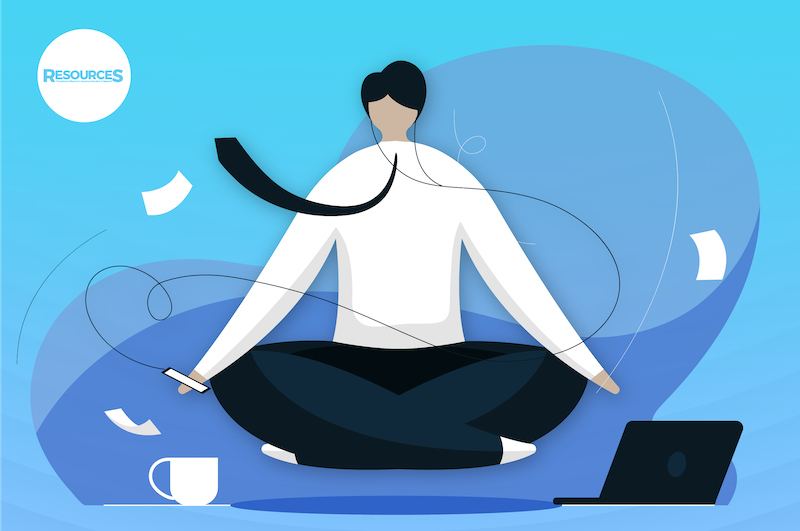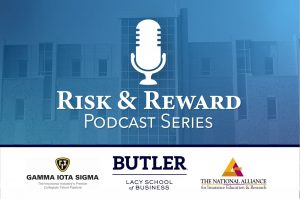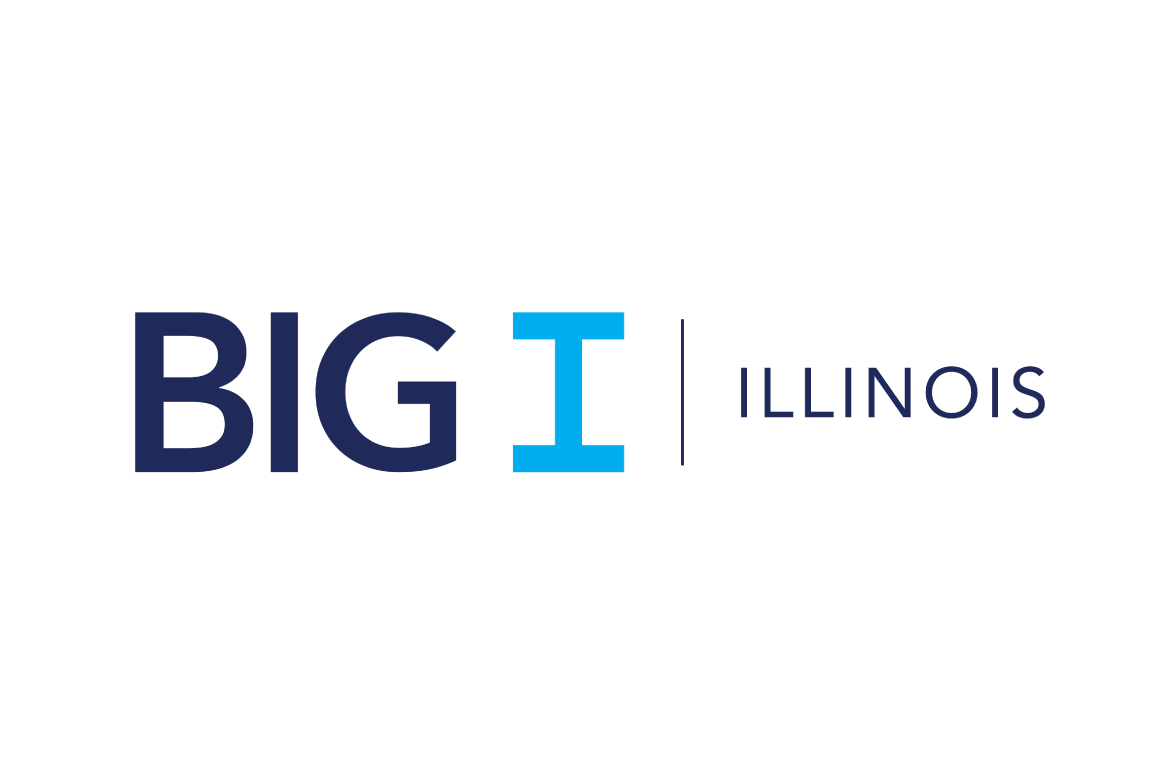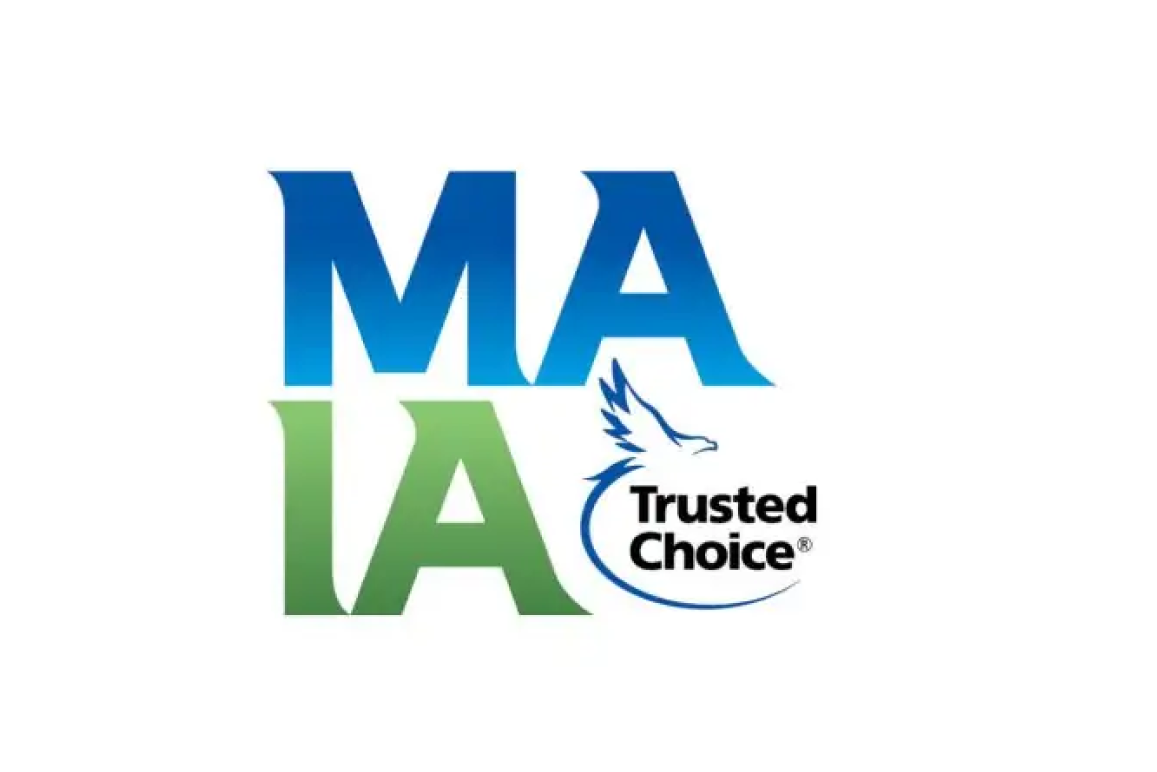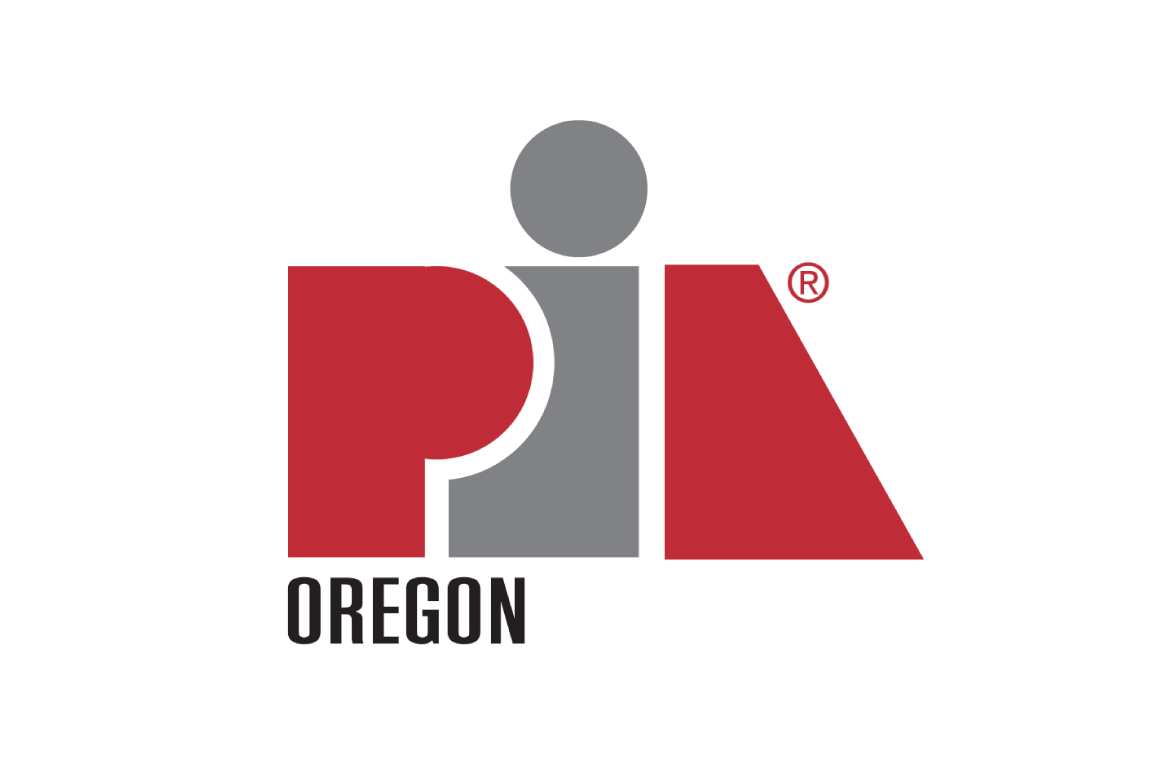Updated November 2022
J. Karl Sherril, Jr. CIC, CRM, MBA
Hello, How Are You?
As we make our way daily through the COVID-19 pandemic, it’s important to ask your team how they are doing.
They’ve lived through isolation, separation, quarantines, shelter-at-home requirements, and maybe even the loss of loved ones. It’s impossible to deny what a significant impact this has had on our lives.
Anxiety and Depression Among Americans
Current studies show that many Americans experience symptoms of depression, anxiety, as well as a host of other assorted stressors including high degrees of apprehension.
We are experiencing:
- Remarkable levels of depression
- Anxiety, ranging from common to serious
- Detrimental levels of drinking and drug use
- Substantial degrees of loneliness
How Leaders Can Respond
It is particularly critical for leaders to be intentional in moving from a perspective of “allowing” breaks for mental health to “encouraging” and maybe even “requiring” the team to engage in good mental health practices.
Here are some examples of mental health exercises leaders can reinforce within teams.
Lesson #1: Discourage “Always On”
Work/life balance is not a new concept. Before the pandemic hit, many organizations already promoted this among their teams. What is new is the pressure that the pandemic has brought to bear on this balance. Teams were abruptly forced to bring work home. Some found themselves surrounded by others who were also working full-time from home: spouses, partners, and children. For many, the lines between work and home are still blurred. With no clear delineation between work and home, we’re “always on.”
Tips for Employees
Here are three things leaders can suggest to employees that bring them more work/life balance.
- Set boundaries
Designate specific work areas and personal spaces at home. Engage and focus on work when you enter the workspace and mentally unplug when you enter the personal spaces. - Schedule your day
Start your day with a quick review of the day’s activities and schedule work and home activities. This may sound simple, but it’s not easy. Protect your plan for the day and review tomorrow’s schedule the night before. Studies have shown that this can put your mind at ease and can lead to better sleep. - Schedule healthy lifestyle time
As you build your schedule, do not neglect your mental and physical health. Build in the time for walks, exercise, journaling, reflection, reading, etc. Protect this time the same as you would a new business meeting.
Lesson #2: Encourage Unplugging
If you are an organizational leader, I heartily recommend that you think about how you can get your team to take time off. PTO. Vacation. Breaks. These terms took for me until a mentor encouraged me to unplug. My sons had just completed the most tumultuous school year and I felt the pressure of needing me to always be “on.” My to-do lists were in view day and night.
We headed to South Mountains State Park and unplugged from cell phones, emails, and social media for three days. We hiked close to ten miles in two days, cooked campfire foil packs for dinner, refreshed in the cool mountain river water rushing by our tents, and mostly laid in hammocks and read books between naps. Unplugging gave me an opportunity to think.
It was physically difficult not to check email or social media. I ended up deleting those apps to avoid the temptation. It was MARVELOUS! This was the mental health break that we all needed. Unplugging was not easy, but it was necessary. It was the best I’ve felt, mentally, since being sent home by COVID in March.
Lesson #3: Routines Protect Positive Mindsets
COVID combined abrupt and long-lasting isolation with physical health concerns. The isolation made it difficult to maintain a positive outlook. Having daily routines can help guard against negative thought patterns. Here is my positive mindset routine.
- No electronics until the routine is done. I don’t check email or social media until I have built up my immunity to negative thoughts.
- Morning affirmations: Saying something out loud has proven to have a bigger impact on our focus than just thinking it. Each morning I review and say out loud my core values to help me affirm what is non-negotiable in my day. Joy is one of my values. My belief is that it can be found in any situation and verbalizing this reminds me to seek it out instead of focusing on negative thoughts.
- Journaling: Writing affirmations down has a similar effect as verbalizing them. Develop an outline to follow each day. One of the most valuable parts of my journaling is a gratitude list about my life and what I am looking forward to that day. This helps redirect my thinking to the things that are going well.
- Review the schedule for the day. By understanding what lies ahead, I can prioritize my time and mentally prepare for the day. This reduces unknowns and the certainty provides the positive reinforcement I need to take on the day.
Lesson #4: Positive Networks and the Top Five
We all spend most of our days building our networks. Did you know that, for most people, we are a direct reflection of the top five people we spend our time with? These five people shape our viewpoints, which means that we should really think about who is in our top five. Start by writing down the top five people who get your time. Take an honest look at the list and ask yourself questions such as: Do my top five contribute positively to my beliefs? Is there someone who will challenge my viewpoints to help me to see the broader picture? Who could bring new perspectives or ideas? Am I taking care of both my personal and professional needs? Invest your time with people who help you to maintain a positive viewpoint.
Conclusion
Leaders should be strategically focused on how their team is doing, now more than ever. How they are feeling? Are they consistently finding ways to protect a positive mindset? Is someone suffering from negative thoughts? What can you do to help the team be mentally strong? When seeking physical strength, we turn to exercise. When it comes to mental health, exercise is also a way to protect our mental strength. Unprecedented, by definition, means there is no precedent, no guide, no policy manual, etc. In an unprecedented pandemic, everyone is searching for a path to follow to stay positive and strong in this difficult time. Make an additional effort to go below the surface and find the true answer to the question, “How are you doing?”
